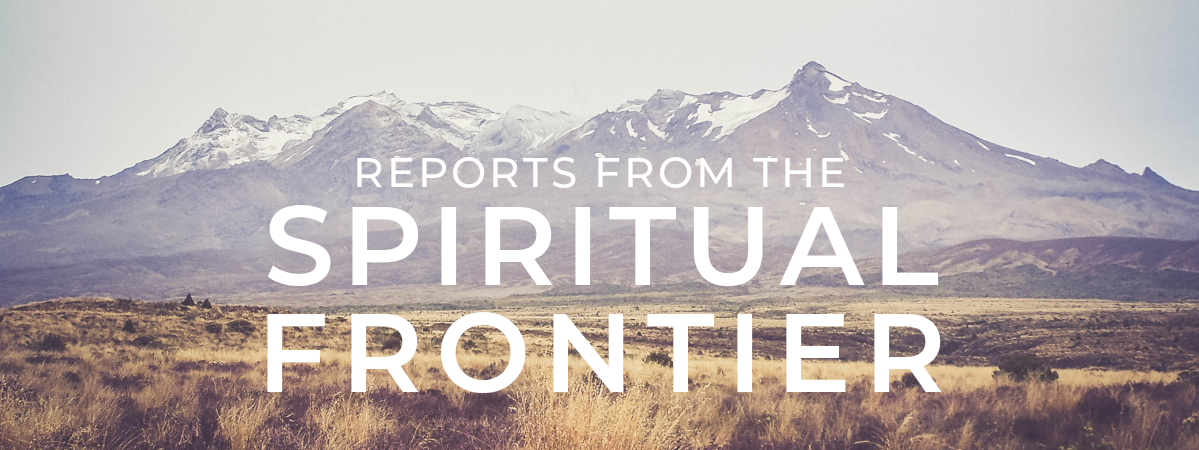Nearly everyone asked us, “So what are you?” during the first few years of our ministry.
This one topped the list of several important questions which popped up like lice in the kindergarten classroom that was the first few years of our ministry.
“Are you a church?” was a popular one.
“Where is your building”, was another one, followed every time by “When do you plan to get one?”
“How do you get paid?” was another top hit, followed by head shakes of speechless admiration that we’d do all this work for nothing
“Do you have group sex?” was a question asked us by several less discreet Christians who believed that any group of non-biologically related people living together, praying together, and helping their neighbors together, must, in fact, be doing it so they can live in their own Jesus-themed pornography.
Over time, I came up with a set of stock answers.
No, we’re not a church, we just worship, study scripture, pick up trash, and love people like Jesus did.
No, we don’t have a building and we don’t plan to get one, hence the reason why I described us as church without walls.
No, we don’t get paid, except with the deep satisfaction that comes from following Jesus (and with lattes, lots of lattes. We literally spent over half of our first-year budget at one local coffee shop.)
Fuck no. Literally. No group sex.
However, it was that first question which managed to crawl into my brain and bother the hell out of me.
“What are you?”
The answer to that question changed, depending on the time of day, the people I was talking to, or what mood I was in.
Here were a few common ones I used:
A) We are a group of neo-monastic church planters, embodying an Acts 2 community while planting small, deeply relational groups throughout the city.
B) We are a church without walls, building spiritual community based on nothing but friendship.
C) We are a church using the multipling cell-group model (or the Missio model of discipleship or the 3dm missional community model – we tried a lot of strategies.)
D) I don’t know, but if you figure it out, will you please let me know?
All of these answers and their million other variations were all true at one point or another over the course of my ministry..
To a certain extent, this was just simple, healthy experimentation. When no one (or at least, not many people) have done what you’re doing, there is no playbook, no accumulated wisdom, and no long-hallowed (and long-fossilized) set of best practices. You find out what works and what doesn’t by throwing a lot of crap at the wall. Sometimes it sticks there. Sometimes it just ends up sticking on you.
I remember talking with the pastor of one of our partner churches during dinner at a conference. He was trying to describe us to another person at the table. He opened by saying, “Every time I talk to them, they’re doing something different. They change more in six months than my church does in six years.”
For him, that was a genuine compliment.
For me, it contained a note of uncomfortable truth.
What Do You Think?
1)When have you had to interact with people who didn’t understand the life choices that you made? How did you respond to their questions?
2) What are the challenges of living in a way that looks different than the rest of the culture?
Coming Friday! Part Eight: Quick Everyone! Act Normal! (2/2)
